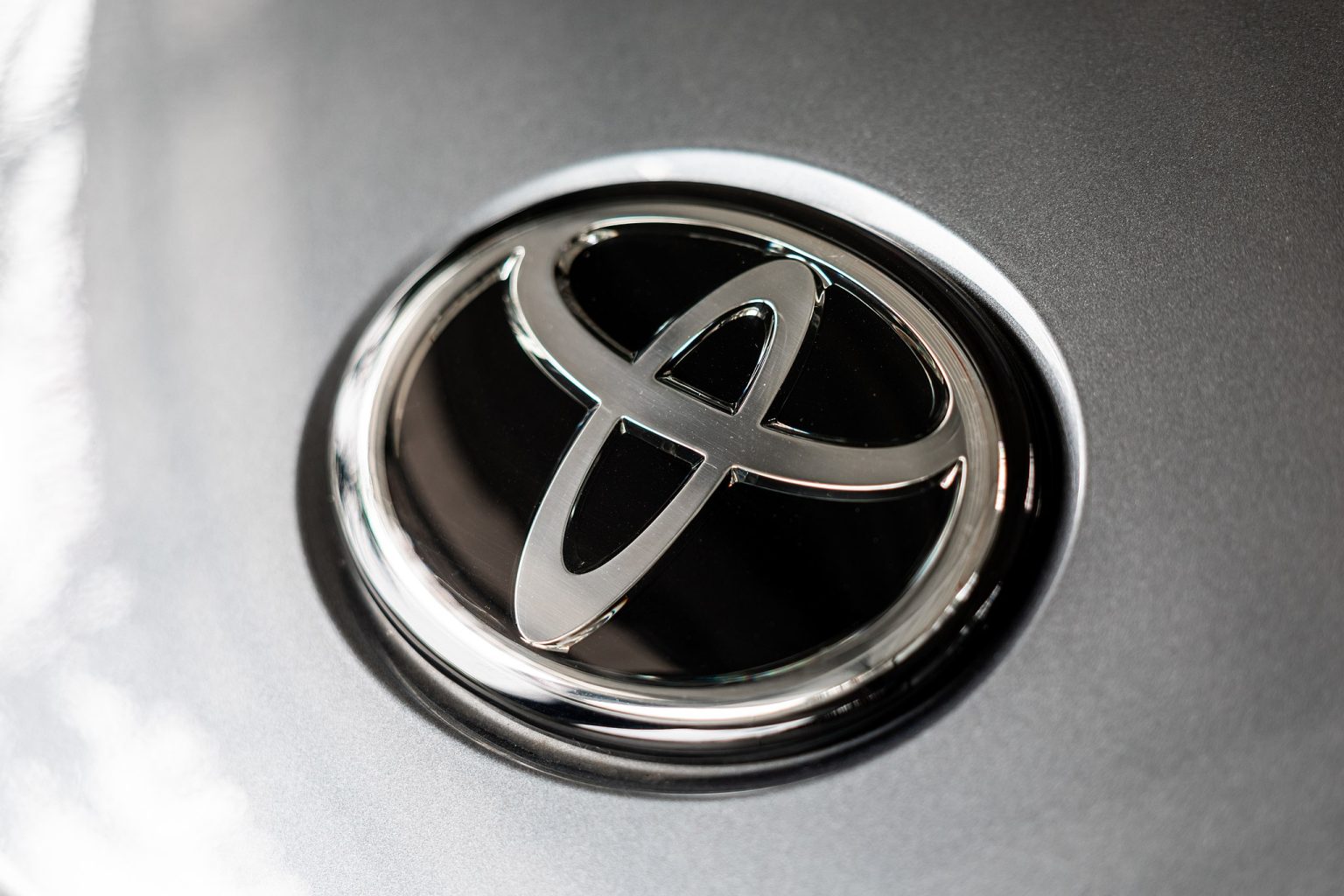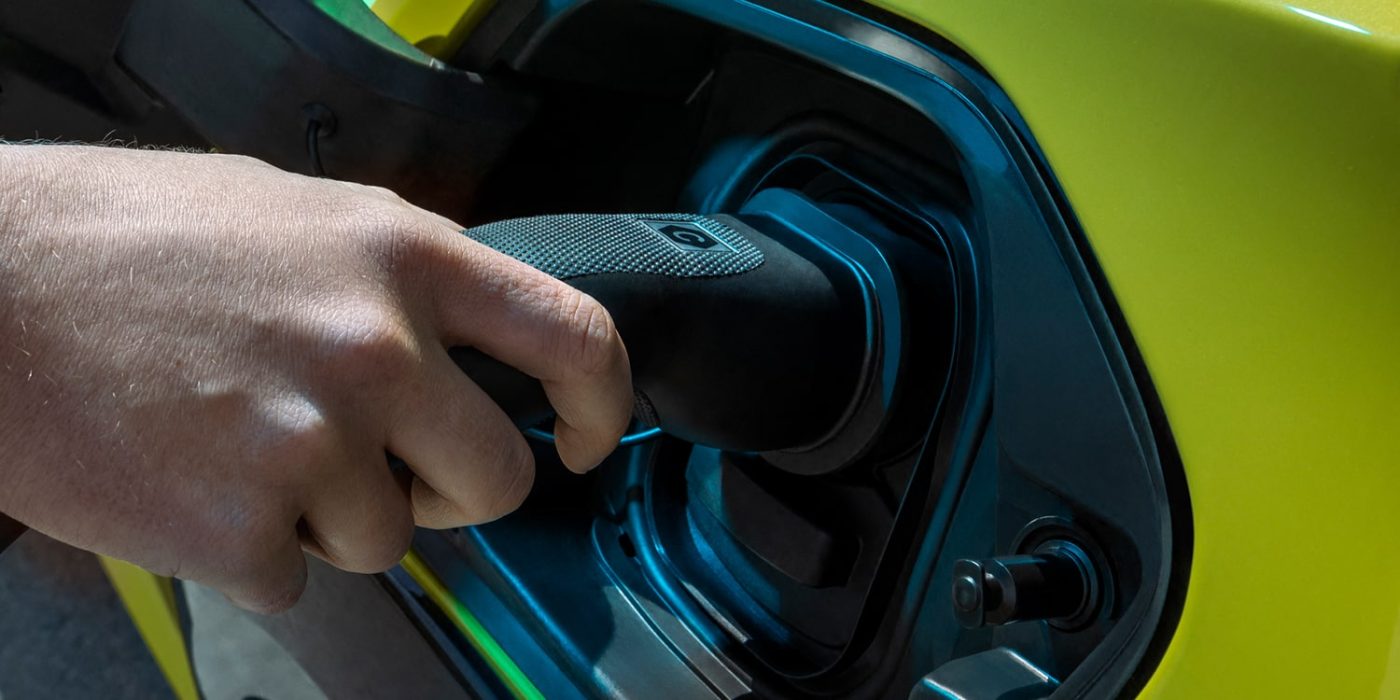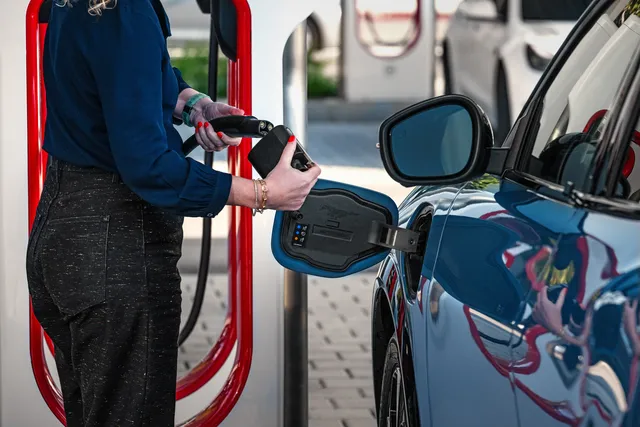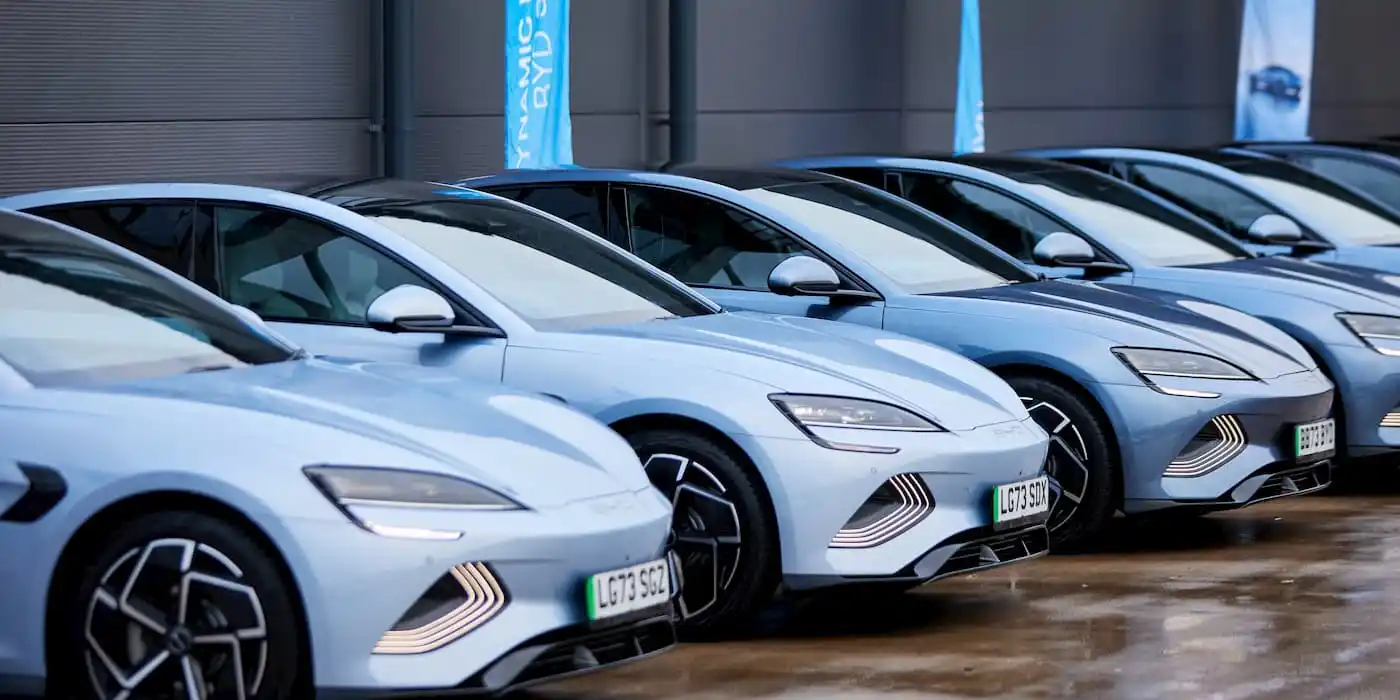China’s presence in the electric vehicle (EV) market in Southeast Asia, particularly in countries like Thailand and Indonesia, has witnessed remarkable growth in recent times, according to a report titled “Factors and Implications of Chinese Electric Vehicles’ Preoccupation of the Southeast Asian Market,” released by the Korea Institute for International Economic Policy (KIEP) on May 8.
Chinese companies have emerged as dominant players in Southeast Asia, ranking first or second in terms of sales volume in 2023 in countries like Thailand (76 percent), Malaysia (44 percent), Singapore (34 percent), and Indonesia (42 percent). This surge in market share is notable, especially as Japanese automakers, who previously held about 90 percent of the market, have faced challenges in adapting to the region’s electrification trends.
The shift in market dynamics can be attributed to several factors. Firstly, as countries like Thailand and Indonesia intensified their efforts to promote EVs and localize supply chains, Chinese companies quickly seized the opportunity by forming strong partnerships with local dealers and organizations. Secondly, Chinese automakers have been proactive in securing price competitiveness by integrating vertically, innovating process technologies, localizing supply chains, and reducing logistics costs.
For instance, BYD has vertically integrated its supply chain, from core raw materials to car sales and financial services, enabling cost reduction across the board. Similarly, Wuling has successfully cut costs by establishing a production base in Indonesia with Chinese suppliers, ensuring more than 40 percent of its supply chains are localized.
Experts predict a significant expansion of the EV market in Southeast Asia, with Indonesia, Thailand, Vietnam, and the Philippines expected to become major markets by 2035. This growth has prompted major automakers like Hyundai, Kia, Toyota, Honda, Mitsubishi, and Isuzu to establish or expand their presence in the region, with investments totaling US$4.3 billion over the next five years.
However, Korean companies face challenges due to tariff barriers. While Chinese companies enjoy duty-free exports to Thailand under the China-ASEAN FTA, Korean companies are subject to a 40 percent tariff under the ASEAN-Korea Free Trade Agreement (FTA). This puts Korean companies at a disadvantage in terms of price competitiveness.
In light of these developments, there are calls to lower tariff barriers and enhance financial support for the localization of EV production in Southeast Asia. Choi Jae-hee, a researcher at KIEP, emphasized the need for countries to invest in localized production of EVs to promote supply chain internalization, suggesting the establishment of a special purpose fund to foster key national industries.
The growing competition among Korea, China, and Japan in the Southeast Asian EV market underscores the importance of strategic investments and policy reforms to ensure competitiveness and market access for all players.







